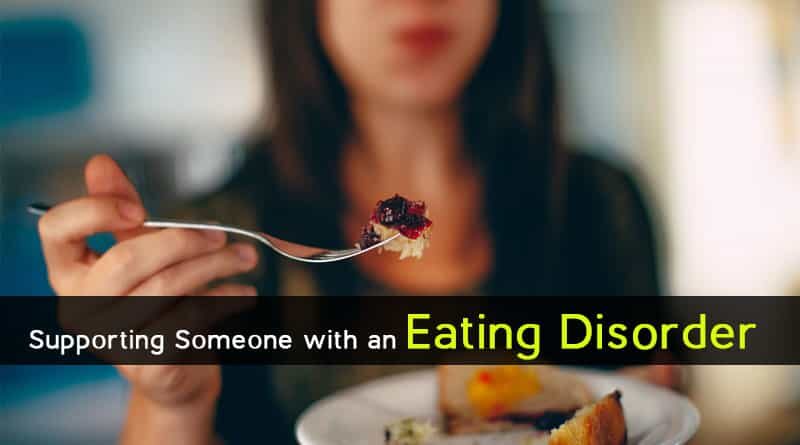How to Support Yourself or a Loved One with an Eating Disorder
Eating disorders are complicated and terrifying. They kill by shutting down their bodily functions to depriving the body of nutrients. Those with eating disorders typically suffer from other mental illnesses as well, as eating disorders are typically comorbid.
Recovering from an eating disorder on your own without any support is often impossible. Even with the best support, it is a struggle. Those with eating disorders often do it for a variety of reasons; it gives them a sense of control and punishes them for perceived failures, and it is an essential step to meet the impossible beauty standards of today. There are so many reasons behind an eating disorder, that even if you notice and urge your loved one to seek out help, they may refuse.
Table of Contents
Supporting Someone With an Eating Disorder
That is why you will need to follow these steps to help support a loved one with an eating disorder and to take them as soon as possible:
1. Recognize the Warning Signs
Warning signs are your best friend. Eating disorders get worse over time and become increasingly difficult to overcome. By recognizing the early signs, you can help change the trajectory of your loved one’s behaviour.
Read: Symptoms for IBS
2. Seek Out Support for Yourself
If you know your loved one is suffering and hurting themselves, it can become very frustrating. Being frustrated and turning to anger will not help. Instead, seek out support groups of your own for comfort and advice on how to proceed.
3. Stay Positive and Work with others to Build Healthier Habits.
As much as you can try to stay positive. Rather than focus on the negative consequences, highlight the positives of healthier eating habits. Make healthy, delicious foods with friends, Exercise together and talk about your problems with them. Building healthier habits that come from a place of understanding and help from those around you is invaluable.
If this alone doesn’t help, then urge them to seek out treatment before hospitalization becomes a very real possibility. Work with their recovery and therapists to help develop supportive routines at home.
Read: Foods That Can Damage Your Teeth
4. Know When to Seek Out Help
Eating disorders and mental illnesses cannot always be beaten with a positive attitude and some change in their lifestyles. You must recognize when both of your efforts are not enough, and to seek out help. In fact, seeking out that help early on provides your loved one with a better chance of a faster, more effective recovery.
Eating disorders can be deadly, and at the very least, they can destroy a body. Getting professional health from the start can help your loved one enjoy a significant change, but even then, there is an excellent chance of relapses. You both need to build up the right skills when it comes to supporting a loved one with an eating disorder throughout their life, and those skills are best taught by professionals, like those at edentreatment.com.
Eating disorders give their victims an unhealthy sense of control and are often developed alongside other serious issues and illnesses.




